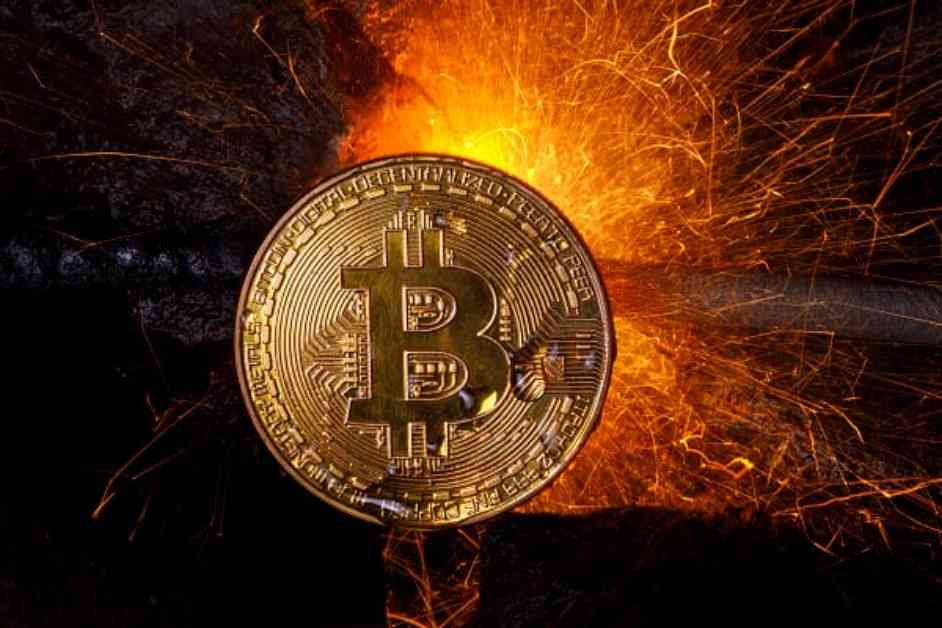Mining Bitcoin: A Deep Dive into the Process
Bitcoin, the pioneer of cryptocurrencies, has been making waves in the financial world since its inception in 2009. With its underlying complex algorithm and continuous innovations, Bitcoin has attracted investors globally who are seeking decentralization and financial freedom. One of the key events that has caught the attention of crypto-enthusiasts is the halving phenomenon that occurs every four years to address inflation concerns. But what exactly is Bitcoin mining and why is it crucial in the world of cryptocurrencies?
Understanding Bitcoin Mining
Bitcoin mining is the process of creating new coins by solving complex math problems to verify the transactions of the currency. This consensus mechanism, known as proof of work, plays a vital role in defining the credibility and security of the Bitcoin network. The intricate cryptography underlying Bitcoin prevents fraud and criminal activity, making it a trusted system for users worldwide.
Every ten minutes, the network generates a set number of transactions that are grouped into blocks and added to the main blockchain. Miners, equipped with advanced technology computers, solve these complex algorithms and are rewarded with the currency for their efforts. This practice has proven to be lucrative for miners, especially with the volatile nature of Bitcoin prices.
The Tools of the Trade: Mining Hardware and Pools
To efficiently mine Bitcoin, miners require specialized hardware such as graphic processing units (GPUs), field programmable gate arrays (FPGAs), or application-specific integrated circuits (ASICs). ASIC-based hardware is currently the most powerful and efficient option, capable of generating large amounts of hash per second.
Mining pools, operated by intermediaries, allow groups of miners to collaborate and increase their chances of successfully validating a block. These pools integrate a separate blockchain to ensure fairness and prevent cheating among participants. Rewards are divided among miners based on their contributions and sent to their e-wallets.
The Risks and Rewards of Bitcoin Mining
While Bitcoin mining can yield considerable gains, there are risks involved. Mining is not legal in all countries, so it is essential to research the legal implications in your region before diving into this activity. Additionally, the energy-intensive nature of mining poses environmental concerns due to its significant carbon footprint.
In conclusion, Bitcoin mining remains a lucrative opportunity for individuals looking to delve into the world of cryptocurrencies. With its decentralized network and potential for rewards, mining Bitcoin can be a profitable venture for those willing to invest the time and resources. However, it is crucial to gain a deep understanding of blockchain technology before embarking on this journey. Are you ready to take the plunge into the world of Bitcoin mining?

